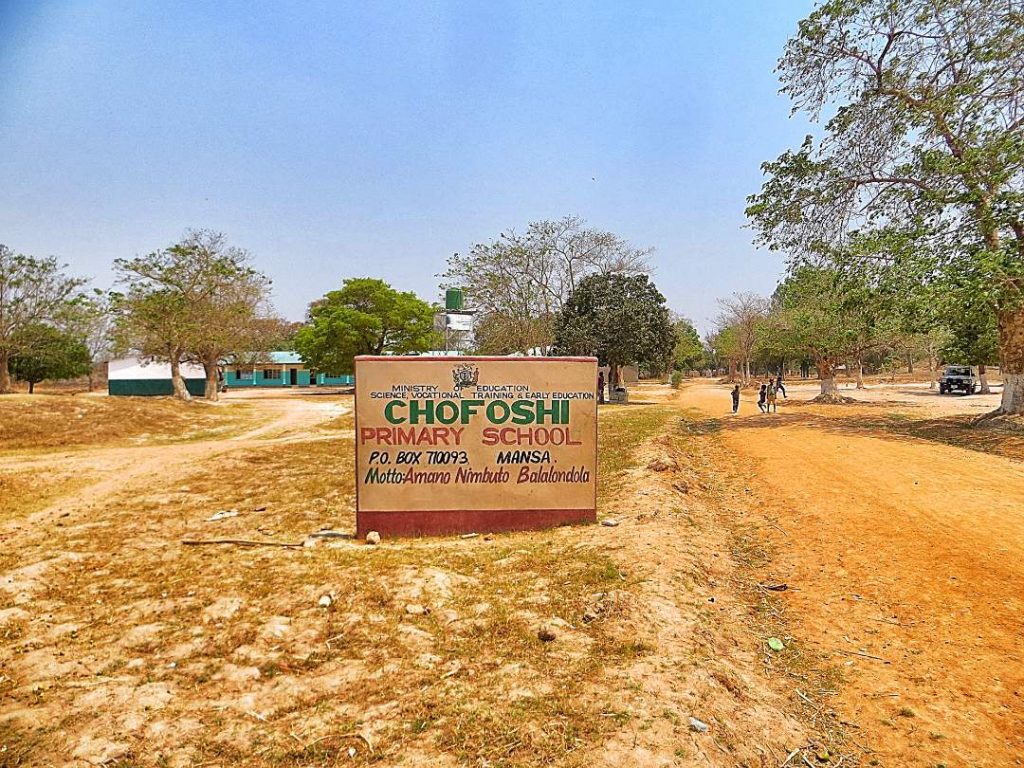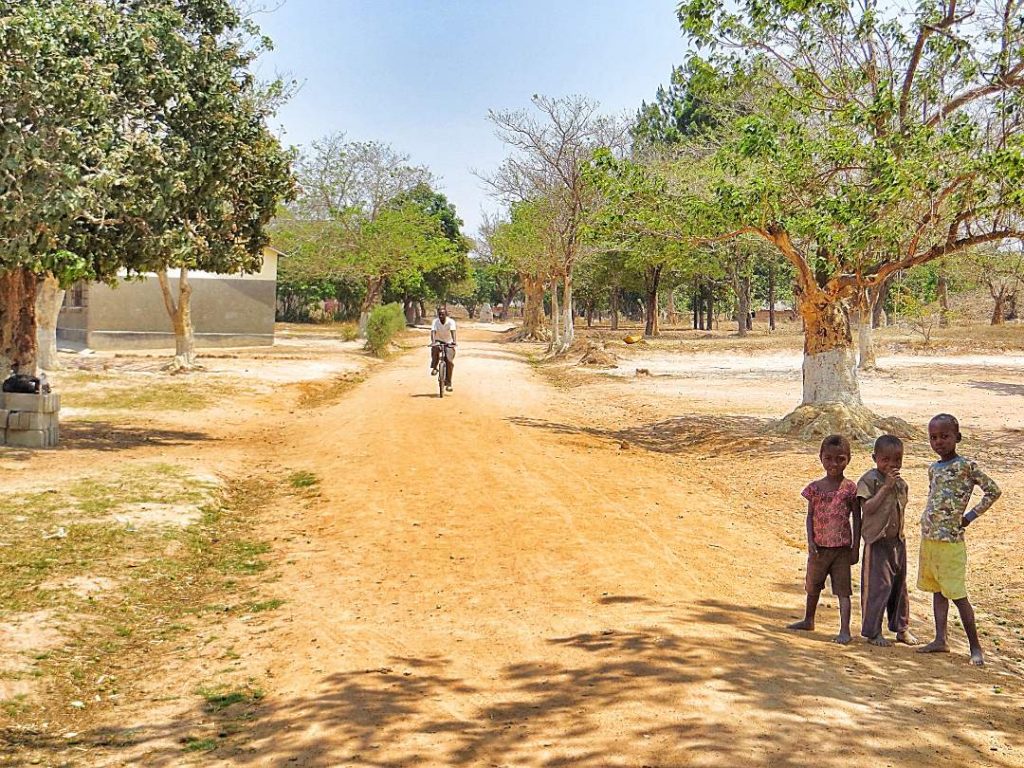This project is made possible through the partnership of Water Charity and the National Peace Corps Association. ![]()
Location
Chofoshi Primary School, Mansa District, Luapula Province, Zambia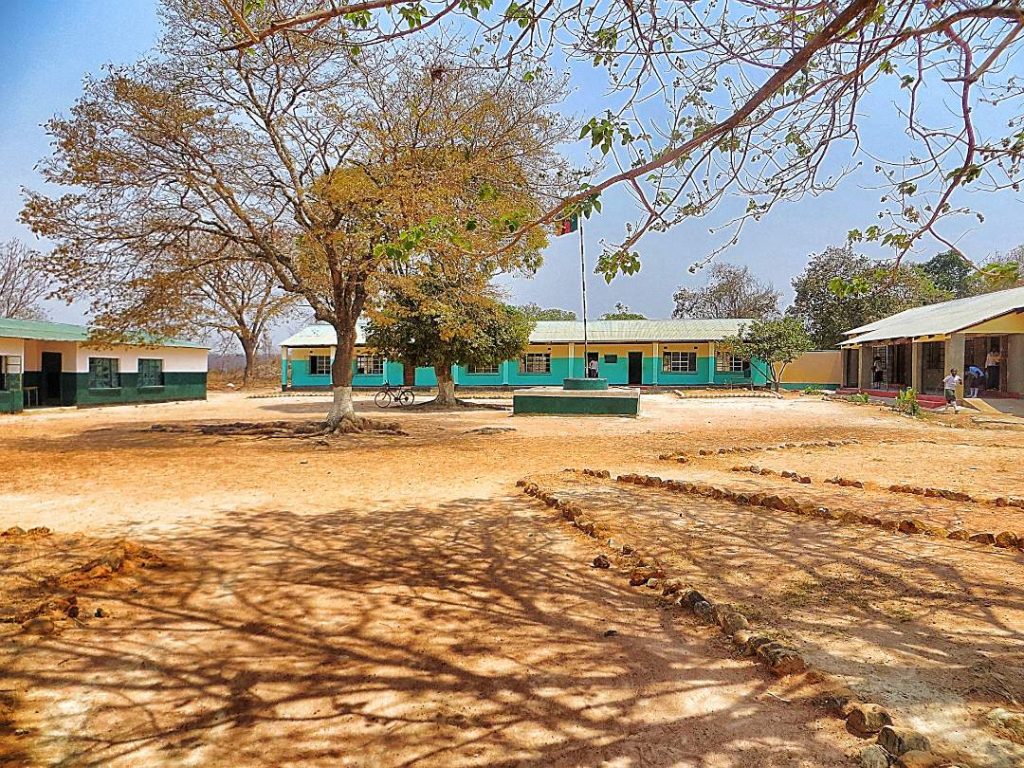
Community Description
The Chofoshi community is rural and there is no electricity or running water. Community members live in mud huts with grass thatch roofs. Most community members rely on farming as their source of income. Chofoshi Primary School is about 14 km or 8.67 miles from the Provincial Capital of Mansa.
Problem Addressed
The school is utilizing an open well that completely dries up in the hot season. This forces the young pupils, mostly girls, to walk long distances in search of an alternative source of water.
Project Description
Construction and installation of a hand pump well will be completed at Chofoshi Primary School.
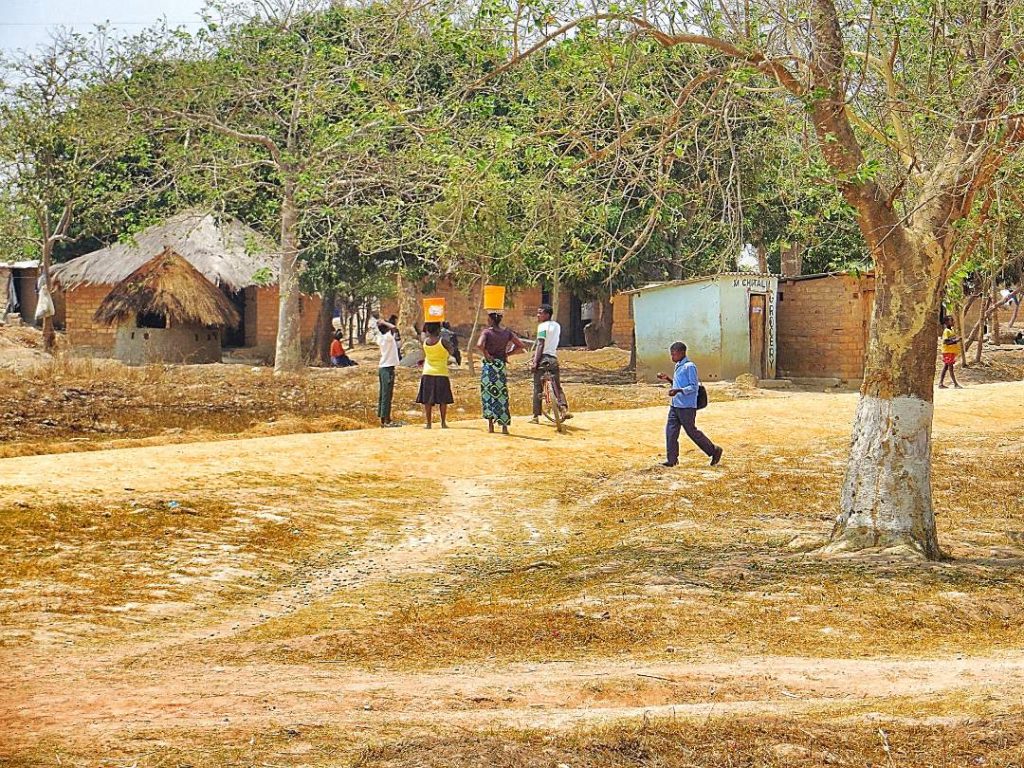 An on-site broken merry-go-round pump, installed in 2009, had pipes all rusted and had not worked in years. The local Mansa Municipal Council will remove the merry-go-round and install it elsewhere for children to play on. The remaining cement slab will be demolished and all rusted, iron pipes will be removed.
An on-site broken merry-go-round pump, installed in 2009, had pipes all rusted and had not worked in years. The local Mansa Municipal Council will remove the merry-go-round and install it elsewhere for children to play on. The remaining cement slab will be demolished and all rusted, iron pipes will be removed.
A pedestal and hand pump will then be installed with PVC piping. The depth of the borehole is 23.5 meters and the static water level is 7 meters.
During the construction process, the community will provide labor, sand, and stone for the project. The value of these contributions is approximately 20% of the full project cost.
Project Impact
There are 418 people who will be directly impacted by this project, 408 students and a teaching staff of 10. This project will indirectly impact visitors and future students as well.
Peace Corps Volunteer Directing Project
Emily McKeone
Monitoring and Maintenance
The school and surrounding communities will be involved in every step of the project. It is a long-held belief, that development without community engagement is not sustainable. These boreholes have an expected lifetime of 50 years. It is the hope of many that the communities will sustain their borehole for that lifetime.
The students will engage in the process of sensitizing the community. Teachers will prepare a class on the water, sanitation, and proper utilization of the borehole. Course discussions included information about boiling drinking water, chlorine usage, washing hands after latrine use and proper hygiene. Following the course, students will create 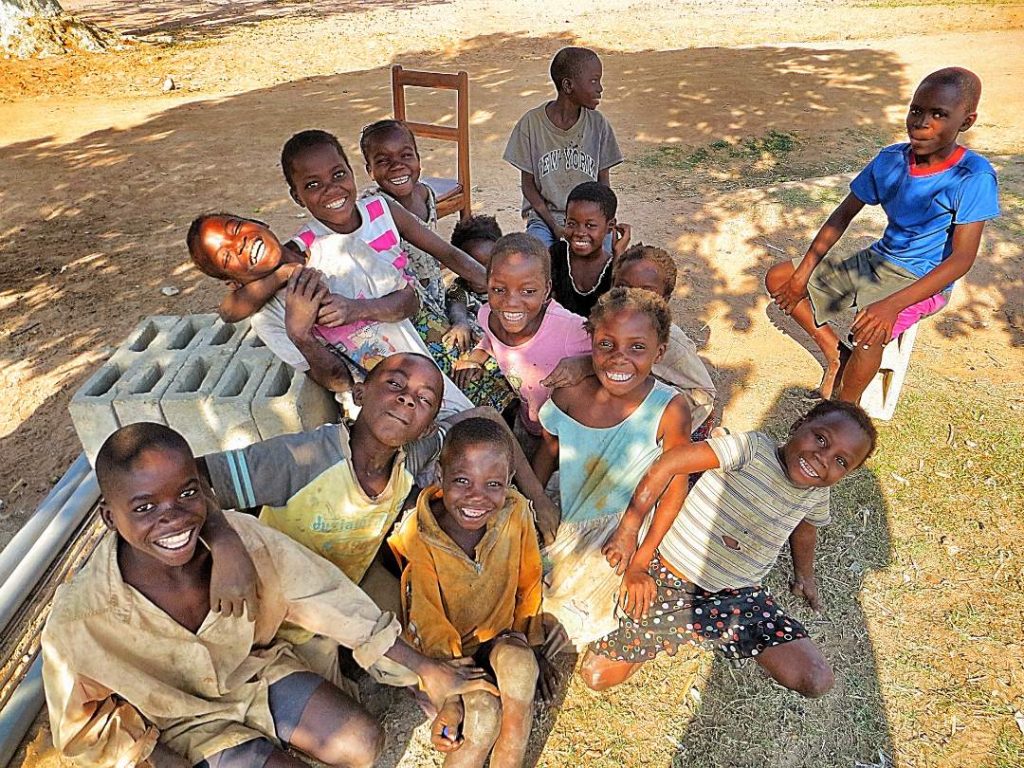 sketches, poems, and songs of various scenarios around water and sanitation. The students will then showcase their creations to sensitize the community at large. The Mansa Municipal Council, the local project partner will be present at the showcase event to discuss maintenance topics and spare part prices.
sketches, poems, and songs of various scenarios around water and sanitation. The students will then showcase their creations to sensitize the community at large. The Mansa Municipal Council, the local project partner will be present at the showcase event to discuss maintenance topics and spare part prices.
Chofoshi Primary School has formed a maintenance committee to monitor and protect the borehole. Teachers and the Parent-Teacher Association will be involved in the committee and ensure proper regulation. This committee meets regularly to address any issues that arise.
The committee will be responsible for determining hours of operation for the borehole and locking the borehole on off-hours, as well as community fees. All community fees will be safely secured for a spare parts fund.
Comments
Boreholes are covered hand pump wells, and therefore, offer cleaner drinking water than an open well. With this new source of water, students will no longer have to search for water during the dry season. The students will have more time to dedicate to their studies and other tasks. The impact of a clean water source on campus is expected to improve health and sanitation at school, resulting in improved school attendance.
The school was given two fruit trees that were planted near the borehole, and they intend to create an orchard. The planting of fruit trees and gardens will assist with the issue of food security in the area.
While this is not an official Let Girls Learn project, it does fall into Water Charity’s LGL+ grouping of projects that have a pronounced element involving helping girls go to, and stay in, school.
Emily McKeone worked with Water Charity as a PCV, directing the prototype project, which created boreholes for 3 schools. With the assistance of Water Charity, she was able to come back to Zambia as an RPCV and create her own charity, Water for Zambia. Now we are completing 13 more school boreholes in conjunction with Emily and Water for Zambia bringing the total to 16 schools boreholes in Zambia. This is school #5 of 13.
This project is part of our Water for Zambia Program. It also falls under our ongoing East Africa Water & Sanitation Program.
This project has been fully paid for by an anonymous donor.
If you like this project, please donate to the Water for Zambia Program so that we will have money available for similar projects.
This project has been completed. To see the results, CLICK HERE.
